It isn't enough to talk about peace. One must believe in it. And it isn't enough to believe in it. One must work at it
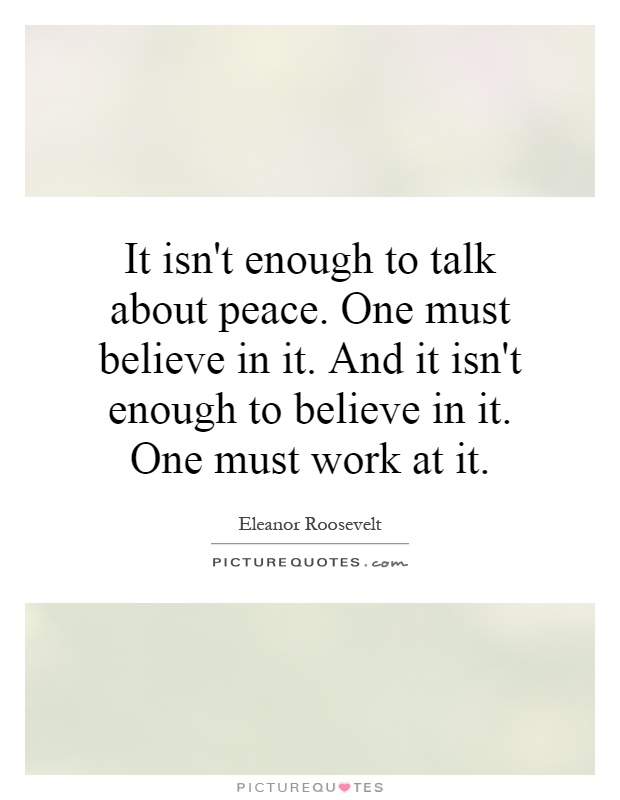
It isn't enough to talk about peace. One must believe in it. And it isn't enough to believe in it. One must work at it
Eleanor Roosevelt, the former First Lady of the United States, was a staunch advocate for peace and human rights. She believed that simply talking about peace was not enough; one must truly believe in it and actively work towards achieving it. Throughout her life, she demonstrated a deep commitment to promoting peace and understanding among nations.Roosevelt understood that peace was not just the absence of war, but a state of harmony and cooperation among individuals and nations. She believed that in order to achieve lasting peace, people must first believe in the possibility of peace and then take concrete actions to make it a reality. This belief was evident in her work as a diplomat, activist, and humanitarian.
As the chair of the United Nations Human Rights Commission, Roosevelt played a key role in drafting the Universal Declaration of Human Rights, which was adopted by the UN General Assembly in 1948. The Declaration outlined the fundamental rights and freedoms that all individuals are entitled to, regardless of their race, religion, or nationality. By championing this document, Roosevelt sought to promote peace and understanding among nations by recognizing the inherent dignity and worth of every human being.
Roosevelt also worked tirelessly to promote peace through her involvement in various international organizations and initiatives. She was a vocal advocate for disarmament and nuclear non-proliferation, believing that the threat of nuclear war posed a grave danger to global security. She also supported efforts to address poverty, inequality, and social injustice, recognizing that these issues were often root causes of conflict and instability.

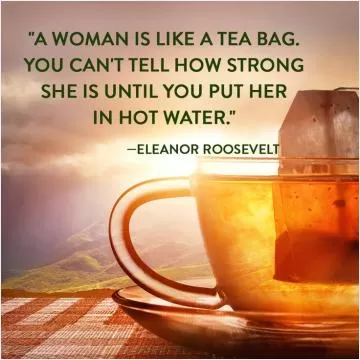

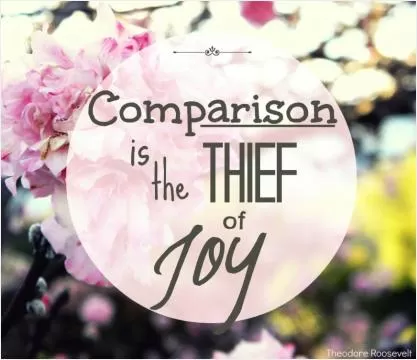
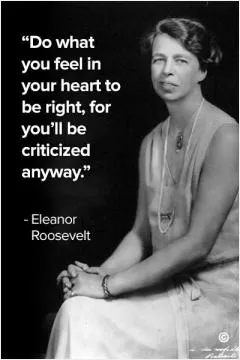

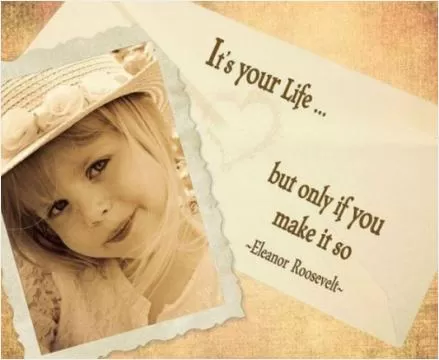
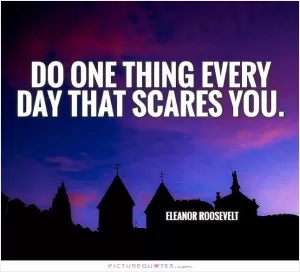

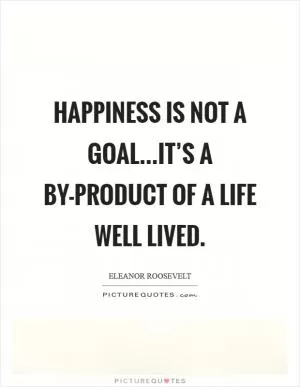
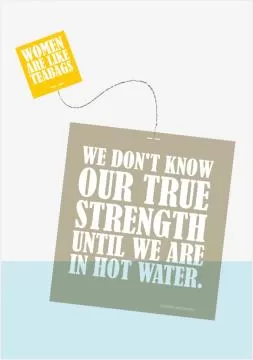
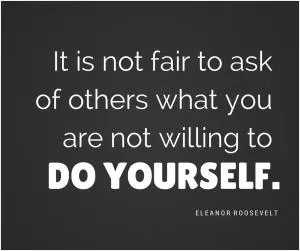
 Friendship Quotes
Friendship Quotes Love Quotes
Love Quotes Life Quotes
Life Quotes Funny Quotes
Funny Quotes Motivational Quotes
Motivational Quotes Inspirational Quotes
Inspirational Quotes